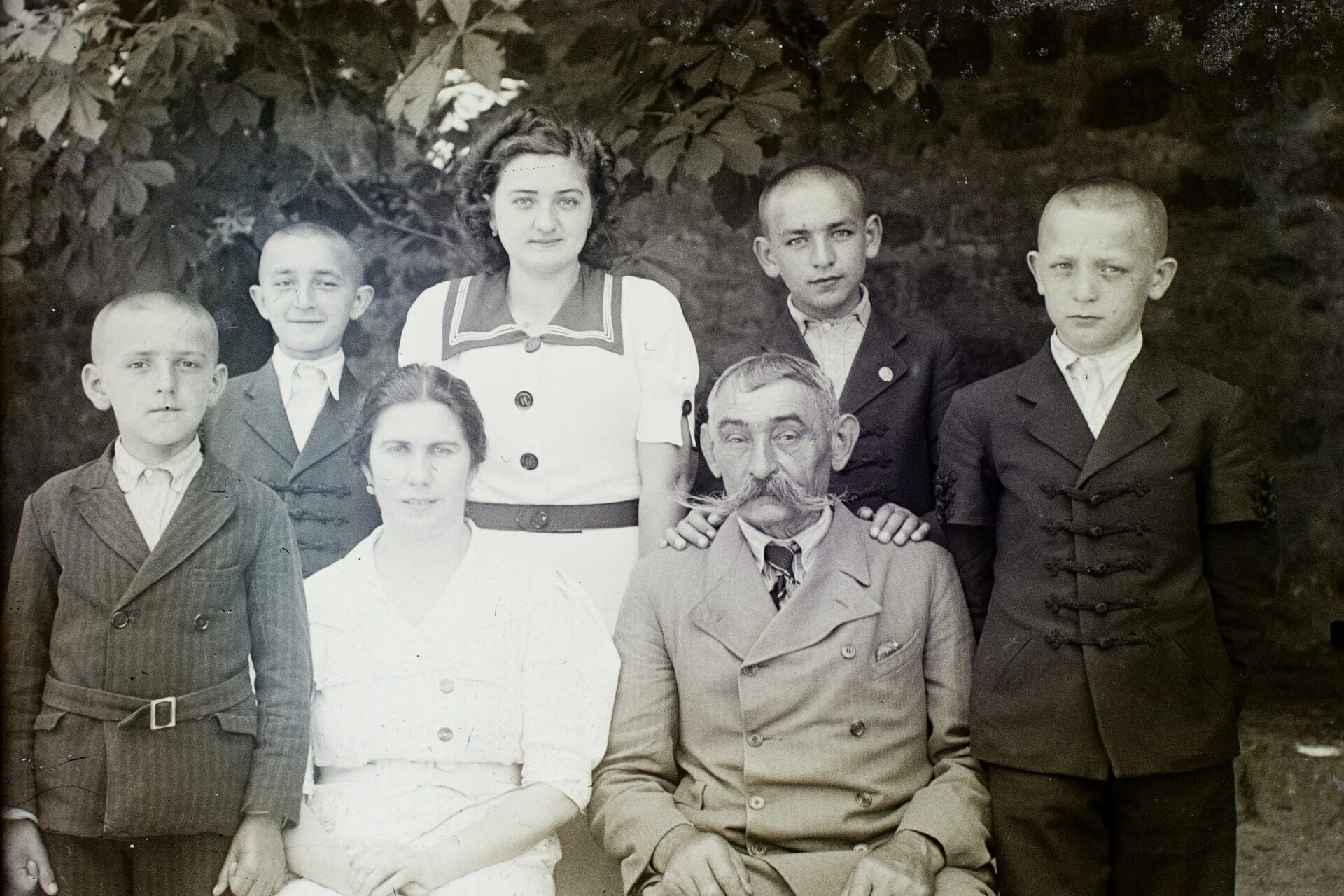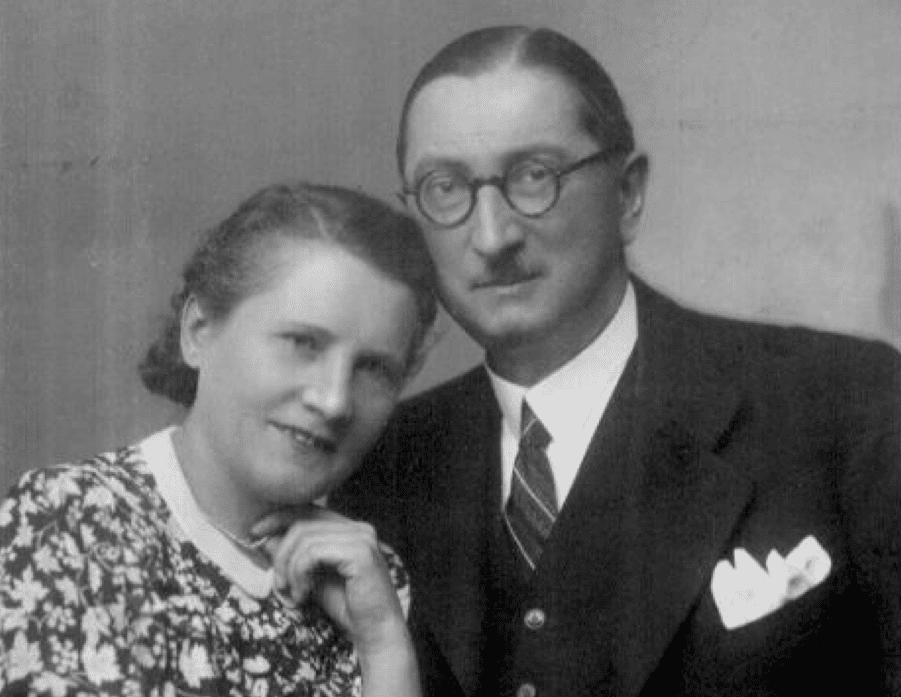
Reconciling Progress and Tradition: The Ideas of Aurél Dessewffy and the Young Conservatives
During the last decade, an increasing academic and intellectual effort has emerged to define and redefine Hungarian conservatism. Better understanding 19th-century conservatives is crucial to this process, as these movements are where the roots of Hungarian conservatism lie.









